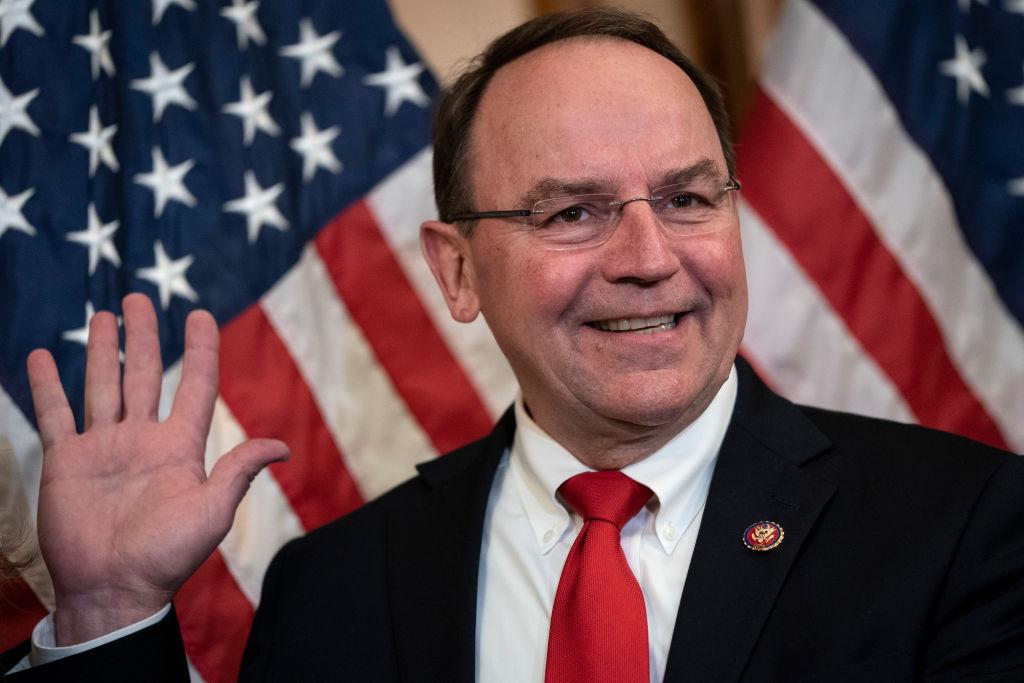TAIPEI, Taiwan—U.S. Reps. Tom Tiffany (R-Wis.) and Scott Perry (R-Pa.) have introduced legislation calling on the U.S. government to drop its “one-China policy” and resume formal diplomatic relations with Taiwan.
“For more than 40 years, American presidents of both political parties have repeated Beijing’s bogus lie that Taiwan is part of Communist China–despite the objective reality that it is not,” stated Tiffany, according to a March 1 press release from his office.





